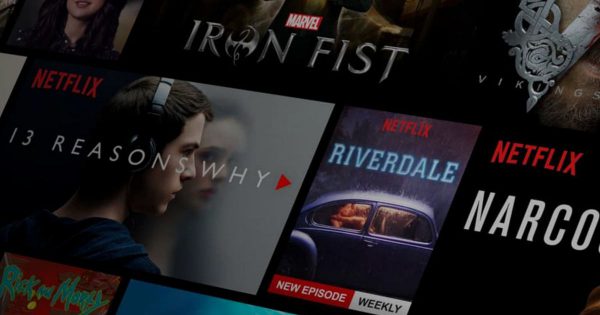
With distribution in film theatres often infeasible for independent features and DVD sales plummeting, all in combination with a general oversupply of content, the thought of a deal with Netflix seems like the Holy Grail of distribution.
Aside from the money (although in fact, the streaming service does not usually pay more than four figure sums in licensing fees) the really alluring prospect is getting your film delivered to more than 100 million potential viewers worldwide. Obviously, though, it is not easy to obtain such a deal. Netflix usually request films they’re interested in, but if your film has not been screened at major festivals or if it didn’t go viral, you will be better off going through a distributor or aggregator.
The first step is getting your film into the Netflix Database, which is basically a list of potential additions to the Netflix library. In order to do that, you have to either get a distributor on board with your project who can leverage connections within the company, or go through an aggregator.
A good option for independent filmmakers with few connections or who don’t want to share their revenue with third parties, is indie distribution company Distribber. It is owned by IndieGoGo and deals with distribution on Netflix and other major streaming platforms in exchange for a single fee (up to $1600), and you get to keep all of the revenues.
